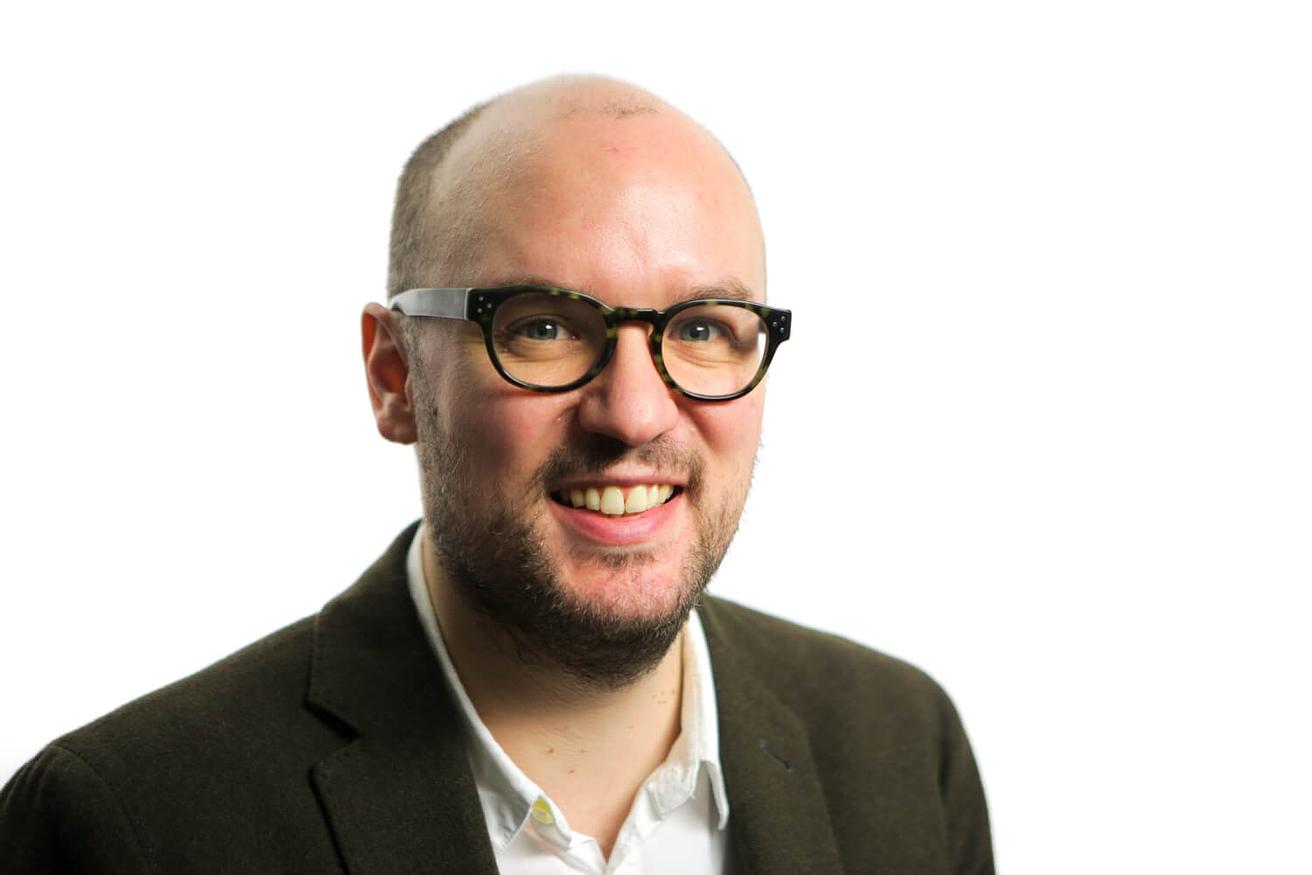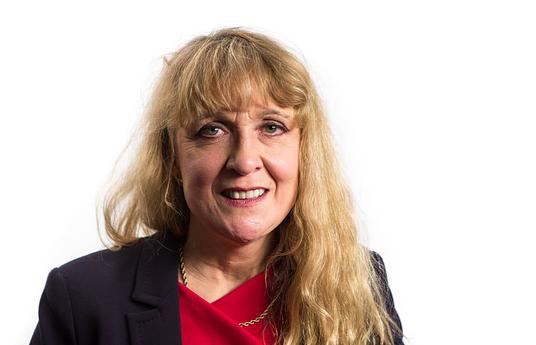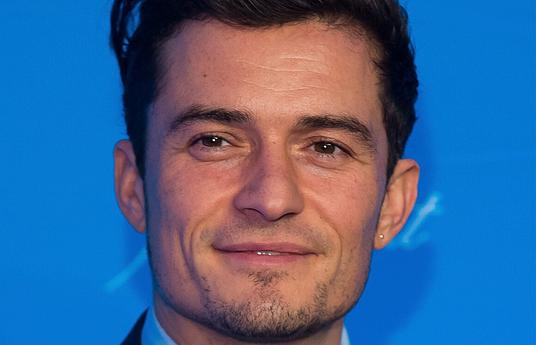Introduction
Mark Londesborough is Associate Director of Creative Learning and Development at the RSA in London. Previously Mark was Programme Manager at the RSA in which he led a number of projects working with students, teachers and schools, including the RSA academies' Performing Arts Hub, which is creating a new model for strategic engagement between schools and professional arts organisations.
Previously, Mark worked in applied theatre, including roles with Geese, the National Theatre and the Tricycle, where he was Creative Learning Director. Mark is a trustee of youth arts charity Phakama.
Skills
Are schools teaching the skills students need?
I think that the skills children will need in the twenty-first century probably won’t differ from the skills that they need at any point in our history. However, there’s a lot of other things that are going to help them to cope with the new challenges that are here, some of that help will come from school, some of it they’ll get from other places.
The key skills that will prepare children for life in the twenty-first century are going to be things like resilience, persistence, being able to keep trying even when they’re not sure what’s going on; a sense of inquiry, eagerness and enthusiasm for understanding the world and making sense of it.
Children will also need to be better judges of the knowledge and information they’re presented with. They are flooded with information sources, if they want the answer to something, it’s in their pocket. But they will need to know whether the answer they get is right, or know who’s providing the answer, or whether there’s another answer that might be possible.
All of that leads up to children needing to be more creative and inventive. They need to understand the world is, to a large extent, based on the myths that we make with one another, the things that we agree to believe in as a community, as a society, and as a world. They need to realise that they have a key role in sustaining, but also reinventing and repurposing, those myths to make sure they keep being valid for the world that we find ourselves in. For me that’s the key thing.
Teachers
What is the role of the teacher?
I think that the teacher’s key role is about inspiration and inspiration for life beyond school. At the moment it feels a little bit like teachers are required to develop children’s sense of aspiration and that we use exams and testing as a way to mark how high their aspirations have got. There’s an exterior criteria for whether they’re good or bad, or whether they have succeeded or failed.
To me, that doesn’t line up with what motivates teachers in the first place, or shows what learners got best out of their learning, or what parents and communities need education to do.
Children need to finish school feeling inspired to keep on learning, to know that learning is for them, that it can nourish them, and make their lives more exciting and interesting. Teachers have a key role to play in terms of modeling what it means to be an adult, to take responsibility in the world, and to keep being creative.
If teachers are only accountable for making sure children pass their exams, it’s inevitable that the other things which inspire them about their subject, the knowledge they have about the world, or their ability to model how to make relationships work and to make the best out of the world, can fall by the wayside and be lost.
Assessment
What are your views on PISA?
My sense with PISA is that we’ve got to be cautious, because the way in which the PISA rankings are used by governments and by education ministers can sometimes belie the complexity of the test and what actually the results show.
It can be difficult for parents and the elector to challenge an education minister who decides that, based on the PISA rankings, these radical changes need to happen, or this needs to be finished, or the things that parents love and value, or that students and teachers think are good suddenly go, simply because PISA has dictated that they are not what’s needed.
It’s really difficult for ordinary people, who don’t have the knowledge or experience, to confront it or know that they can confront it when they’re presented with the PISA results. For instance in the international rankings we’re way down, but if you talk to a different set of people who deal with the data, they might have put you somewhere different. So, I think it’s just that note of caution and being aware of this.
Environments
The classroom feels boundered and bordered in a way that the rest of life doesn’t feel. Particularly at secondary level, where you have subject specialism which often work in isolation and too often work in isolation from the real world.
Sometimes a classroom can feel like it confines and constrains learning in a way that children and teachers are both really excited to break out of.
Leadership
What role do you think government should play in education?
I think government’s role in education should be to make sure that it is an innovative and entrepreneurial system, a platform for growth and development, and for empowering school leaders and educators to make decisions about what works based on knowledge about what works.
In order for systems to be innovative and creative, and fit for purpose in the next 100 years, schools and education systems need to have local referencing and accountability as well as something national. People in their communities need to understand what schools are for and what they’re doing for their children.
They need accountability structures which go beyond attainment and exam performance, which look at how well prepared children are for life outside of school and how they’re ethically prepared to deal with the challenges that they’re going to face as adults.
The other thing that governments can do is put more of an emphasis on educators and teachers as professionals who are inspired and who can be creative. Teachers should be able to use evidence in their practice in order to develop more effective strategies for teaching and learning, and there should be a real empowerment of teachers and a recognition that they are people who are enthusiastic to develop their practice and their craft.
Personal Memory
I think that my favourite moment was on a school trip, it was the thing that inspired me to think about the possibilities of theatre. We went to see a production of Theatre de Complicite’s The Three Lives of Lucie Cabrol.
I remember sitting in the theatre and feeling a sense of transformation, of possibility, and expectations. The sense that things that you are familiar with, the everyday things (in this case it was pieces of wood or just people’s fingers and hands) could become something completely other and could take you by surprise. It could make you think that the world isn’t just how you see it or how you receive it, but is there to be transformed in whatever way you feel.
That’s why theatre has been such a driving passion for me. In my opinion, the drama classroom as a model for practice is still an important part of the future of education. The drama studio encapsulates certain ideas, there are possibilities yet to be invented by the people in the room and it’s not just about what you receive, it’s about how you interpret it, then how you respond to it, and you can stretch it and take it to the next level.
The next 100 years
The next 100 years of Finnish education should… put creativity as a central priority for learners, educators, and for the whole system.


